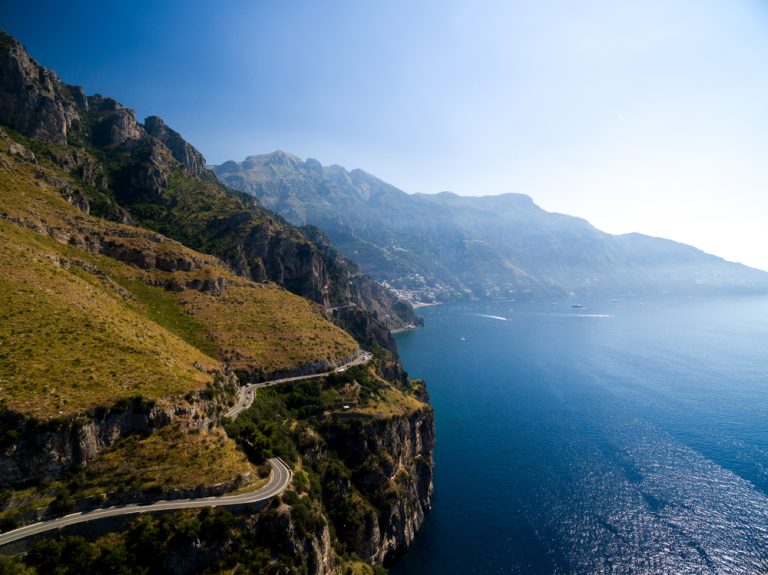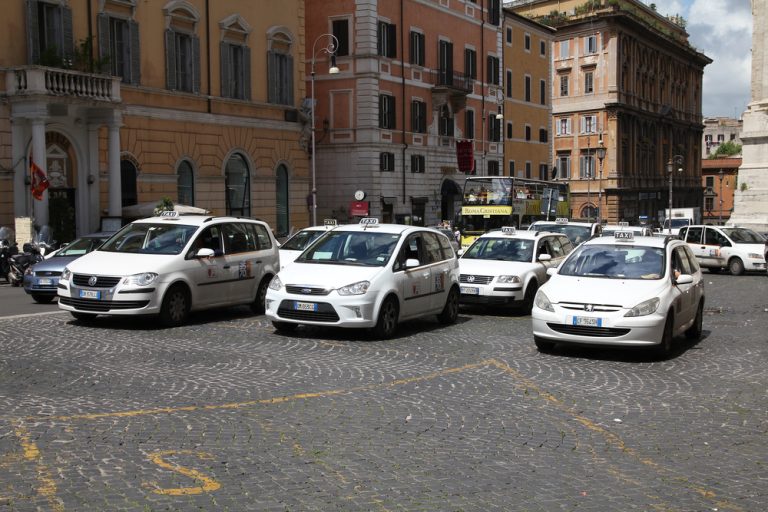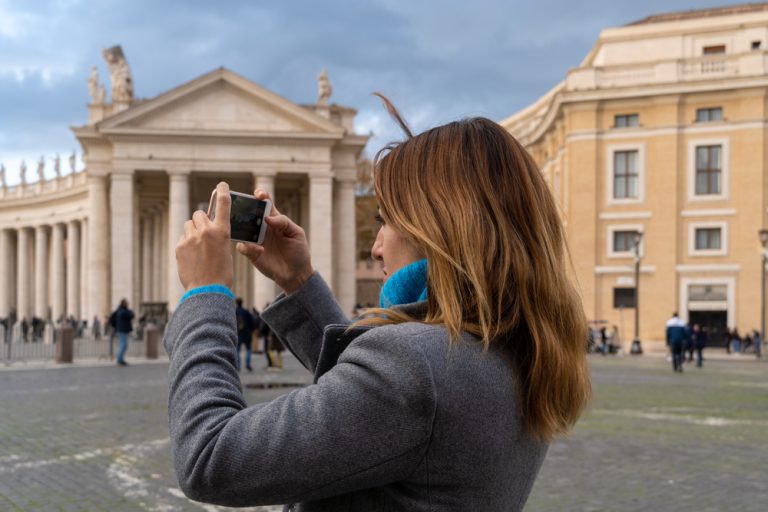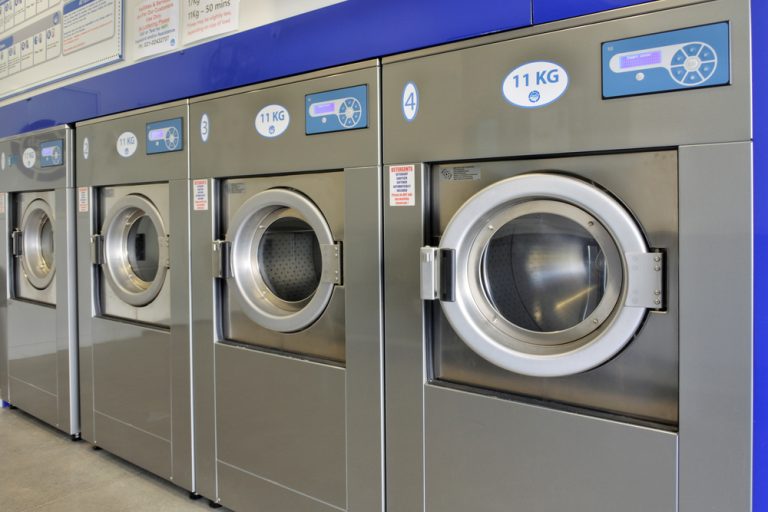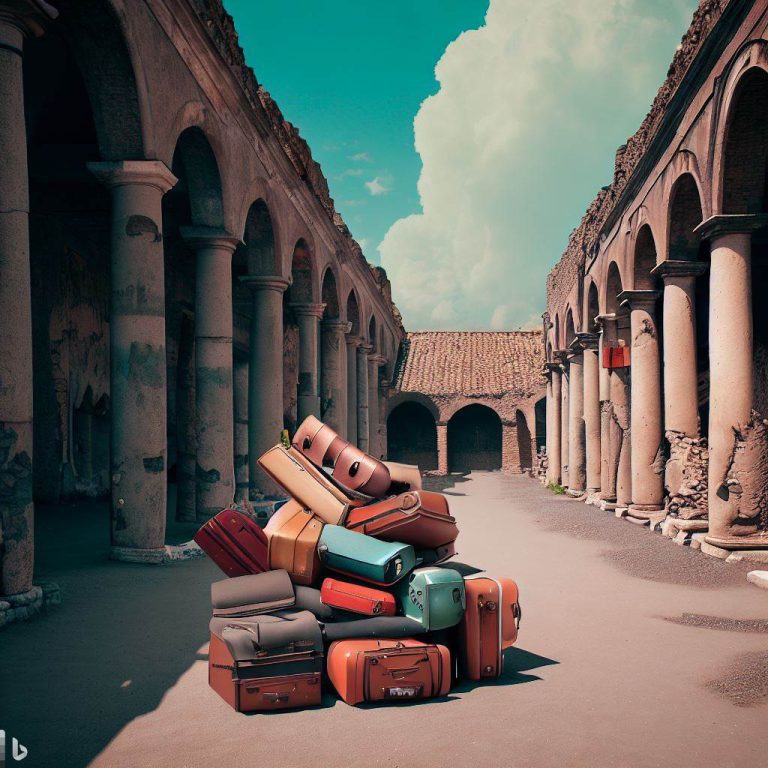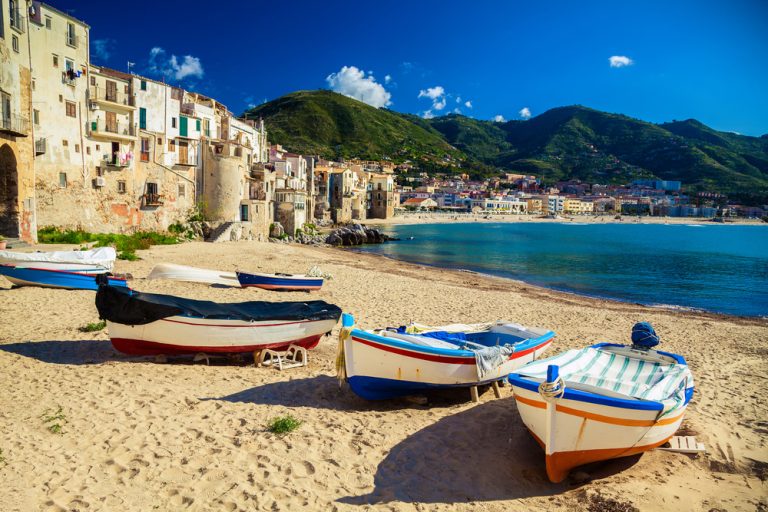Unraveling The Odor Mystery: Why Does Venice Smell Bad?
Ever found yourself wandering the beautiful streets of Venice, only to be greeted by an unpleasant smell? You’re not alone. I’m here to shed some light on this aromatic enigma.
The unpleasant smell in Venice is often a blend of sewage, decaying algae, and salty Adriatic sea. The ancient sewage system releases waste into the canals, resulting in a foul odor, particularly during the hot summer months when decay accelerates.
If you’re curious to understand more about this phenomenon, including its impact on air and water quality, and the implications for the health and safety of both residents and visitors, keep reading.
Understanding The Sewage System In Venice
Venice, known as the ‘City of Canals’, is famous for its stunning architecture, art, and, of course, its canals. However, these canals also contribute to the city’s infamous smell.
The Ancient Sewage System
The sewage system in Venice dates back several centuries. Buildings have septic tanks that collect waste and separate solid waste from liquids. The liquid waste then gets discharged directly into the canals. Over time, the solid waste breaks down into sludge, which requires periodic removal. However, not all buildings have septic tanks, leading to direct waste discharge into the canals.
Impact of Tourism and Temperature
During summer, the city experiences higher temperatures and an influx of tourists, increasing the volume of waste in the canals. The heat accelerates the decay of organic material in the water, leading to the emission of foul-smelling gases.
Poor Water Circulation
The canals in Venice are shallow, and the water does not flow as swiftly as in a river. This results in poor water circulation, causing waste to accumulate and decay, further contributing to the odor.
Water Quality in Venice
The water quality in Venice has been a topic of discussion for many years. While swimming in the canals is not recommended due to poor water quality, the tap water in Venice is safe to drink. The city sources its tap water from the Sile River, which undergoes treatment and testing to ensure safety.
Rising Sea Levels and Flooding
Another significant issue facing Venice is the rising sea levels due to climate change. This has led to increased flooding, exacerbating the sewage discharge problem in the canals.
Air Quality in Venice
The decay of organic material in the canals affects not only the smell of the air but also its quality. The release of foul-smelling gases can have adverse health effects, making it important for both residents and visitors to be aware of the air quality, especially during summer.
Efforts to Improve the Sewage
System In recent years, efforts have been made to upgrade the sewage system in Venice. Newer buildings are equipped with modern septic tanks, and there are plans to upgrade the entire city’s sewage system. However, this is a long-term project that will take time to complete.
RELATED QUESTIONS
Can I drink tap water in Venice?
Yes, the tap water in Venice is safe to drink. It is sourced from the Sile River and undergoes thorough treatment and testing to ensure its safety.
Why is swimming not recommended in the canals of Venice?
Swimming is not recommended in the canals of Venice due to the poor water quality, which results from the discharge of sewage and organic waste into the water.
Is the smell in Venice worse at certain times of the year?
Yes, the smell in Venice tends to be worse during the summer months. The heat accelerates the decay of organic material in the water, leading to the emission of foul-smelling gases.
Does the smell affect the air quality in Venice?
Yes, the decay of organic material in the canals affects not only the smell of the air but also its quality. The release of foul-smelling gases can have adverse health effects, making it important for both residents and visitors to be aware of the air quality, especially during summer.
Are there any efforts being made to improve the situation?
Yes, efforts have been made to upgrade the sewage system in Venice. Newer buildings are equipped with modern septic tanks, and there are plans to upgrade the entire city’s sewage system. However, this is a long-term project that will take time to complete.
Is it safe to eat the seafood in Venice?
It is generally safe to eat seafood in Venice as it is sourced from the Adriatic Sea, which is outside the lagoon where the canals are located. However, it is always advisable to eat at reputable restaurants to ensure the quality and safety of the food.
Does the smell affect the tourism in Venice?
While some tourists may find the smell off-putting, it does not seem to have a significant impact on tourism in Venice. The city remains a popular destination for travelers from around the world.
What are the long-term implications of this issue for Venice?
The long-term implications of the sewage discharge problem in Venice include potential adverse effects on human health, environmental degradation, and a decline in the quality of life for both residents and visitors. It is crucial to address this issue to ensure the sustainability of Venice as a livable and visitable city.
ITALIAN PHRASES
Now, let’s learn some Italian phrases that might be useful during your visit to Italy:
- “Che puzza!” (Kay POOT-zah) – What a stink!
- “Dove è il bagno?” (Doh-veh eh eel BAHN-yo) – Where is the bathroom?
- “L’acqua del rubinetto è potabile?” (Lah-kwah dehl roo-bee-NEH-toh eh poh-TAH-bee-leh) – Is the tap water drinkable?
- “Posso nuotare qui?” (POH-soh nwaw-TAH-reh kwee) – Can I swim here?
- “Quanto costa?” (KWAN-toh KOH-stah) – How much does it cost?
- “Dove posso comprare una mappa?” (Doh-veh POH-soh kom-PRAR-ray oo-nah MAH-pah) – Where can I buy a map?
- “C’è un medico nelle vicinanze?” (Cheh oon MEH-dee-koh NEHL-leh vee-chee-NAHN-zeh) – Is there a doctor nearby?
- “Dove posso trovare cibo vegano?” (Doh-veh POH-soh troh-VAH-ray CHEE-boh veh-GAH-noh) – Where can I find vegan food?
- “Qual è il modo migliore per arrivare a…?” (Kwahl eh eel MOH-doh meel-YOH-reh pehr ah-ree-VAH-ray ah…) – What is the best way to get to…?
- “C’è un problema con l’acqua?” (Cheh oon proh-BLEH-mah kohn LAHK-wah) – Is there a problem with the water?
- “Posso avere il conto, per favore?” (POH-soh ah-VEH-ray eel KON-toh, pehr fah-VOH-ray) – Can I have the bill, please?
- “Dove posso trovare un taxi?” (Doh-veh POH-soh troh-VAH-ray oon TAHK-see) – Where can I find a taxi?
- “Mi sono perso/a. Puoi aiutarmi?” (Mee SOH-noh PEHR-soh/ah. Pwoy ah-yoo-TAHR-mee?) – I am lost. Can you help me?
- “Quanto dura il viaggio?” (KWAN-toh DOO-rah eel VEE-ahj-joh) – How long is the journey?
- “C’è una farmacia aperta nelle vicinanze?” (Cheh oo-nah far-MAH-chyah ah-PEHR-tah NEHL-leh vee-chee-NAHN-zeh) – Is there an open pharmacy nearby?
Conclusion
I hope you found this article informative and helpful. Remember, while the smell of Venice can be off-putting, it is part of the city’s charm and history. If you’re planning a trip to Italy, join our Facebook group at www.facebook.com/groups/italyplanyourjourney/ for more tips, advice, and information on sustainable travel in Italy.
Ciao for now, and safe travels!


